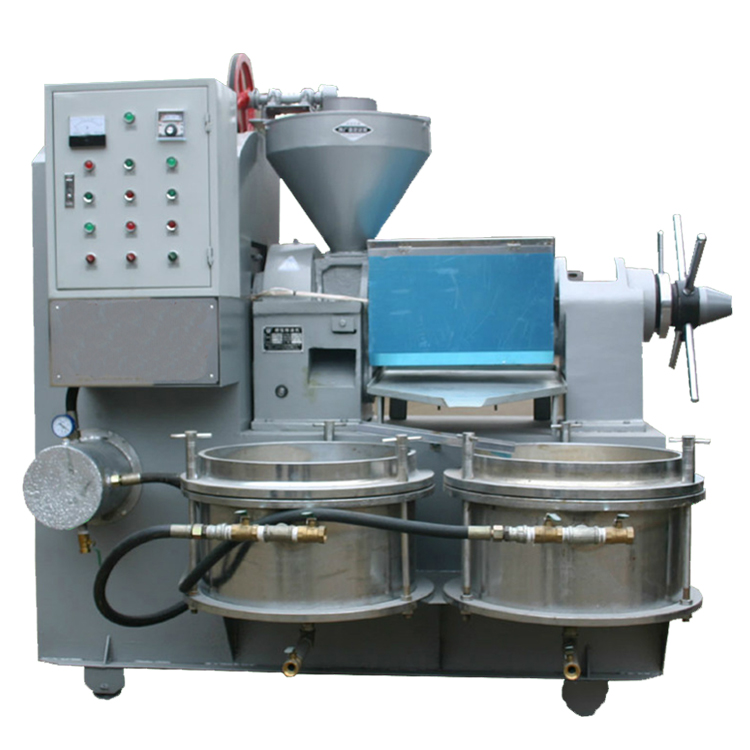Nov . 11, 2024 03:26 Back to list
Seeds Oil Extraction Equipment for Efficient Pressing and Production
The Role of Seed Oil Pressing Machines in Modern Agriculture
In recent years, the demand for natural and organic products has surged, leading to a growing interest in the production of seed oils. Seed oil pressing machines play a vital role in this industry, transforming raw seeds into valuable oil for culinary and cosmetic uses. This article explores the significance of these machines, their types, and their impact on sustainable agriculture and self-sufficiency.
Understanding Seed Oil Pressing Machines
Seed oil pressing machines are specialized equipment designed to extract oil from various seeds, such as sunflower, soybean, flaxseed, and canola. They utilize physical or mechanical methods to press the oil out of the seeds, ensuring minimal processing and preserving the natural properties of the oil. The basic operation of these machines involves cleaning the seeds, drying them, and then feeding them into the pressing chamber, where they are subjected to mechanical pressure.
There are primarily two types of oil pressing machines cold pressing and hot pressing. Cold pressing involves extracting oil without applying heat, which helps retain the nutrients and flavors of the oil. On the other hand, hot pressing uses heat to enhance oil extraction, often resulting in higher yields but with some loss of nutritional quality. Each method has its advantages, depending on the desired outcome and types of seeds being processed.
Benefits of Seed Oil Pressing Machines
1. Quality of Oil One of the main advantages of using seed oil pressing machines is the quality of the oil produced. The mechanical extraction methods preserve the oil's natural tastes and nutritional benefits, making it a preferred choice for health-conscious consumers. Cold-pressed oils, in particular, retain more antioxidants and vitamins compared to chemically extracted oils.
seeds oil pressing machine product

2. Cost-Effective For small-scale farmers and entrepreneurs, seed oil pressing machines offer an affordable entry point into the oil production business. They can process homegrown seeds, reducing dependency on external suppliers and allowing for a more sustainable approach to farming.
3. Sustainability As the world faces environmental challenges, seed oil production represents a sustainable agricultural practice. By utilizing locally sourced seeds and minimizing waste, farmers can contribute to a more sustainable food system. The residual cake left after oil extraction can be used as animal feed or organic fertilizer, reducing waste and promoting a circular economy.
4. Flexibility and Versatility Modern seed oil pressing machines are designed to process a variety of seeds, making them versatile tools for farmers. This adaptability allows producers to diversify their product offerings, catering to different consumer preferences and market demands.
5. Empowerment of Small Producers With seed oil pressing machines, smallholders and local producers can leverage their agricultural resources to create high-quality oils for local markets. This not only empowers these communities economically but also encourages them to engage in sustainable farming practices.
Conclusion
Seed oil pressing machines are an essential component of the modern agricultural landscape, enabling farmers and producers to meet the rising demand for natural oils while maintaining quality and sustainability. As consumers become more health-conscious and environmentally aware, the role of these machines will only grow in importance.
Investing in seed oil pressing technology can yield numerous benefits, from enhancing product quality to supporting local economies and promoting sustainable agricultural practices. As we look to the future, the integration of these machines in the farming sector could significantly contribute to achieving food security and creating a healthier planet. By focusing on innovative production methods and harnessing the potential of local resources, we can build a more resilient agricultural framework that supports communities and fosters environmental stewardship.
-
Top Food Oil Refined Unit Companies w/ GPT-4 Turbo Tech
NewsAug.01,2025
-
Premium Black Seed Oil Expeller - High Efficiency Cold Press Oil Machine
NewsJul.31,2025
-
Oil Processing Equipment - High-Efficiency Flaking Machine
NewsJul.25,2025
-
High-Efficiency Peanut Oil Refined Machine for Quality Oil Production Leading Exporters & Companies
NewsJul.08,2025
-
High Efficiency Sunflower Seed Oil Press – Leading Cooking Oil Press Machine Factories & Suppliers
NewsJul.08,2025
-
High-Efficiency Soybean Oil Press Machine – Leading Exporters & Reliable Companies
NewsJul.07,2025
